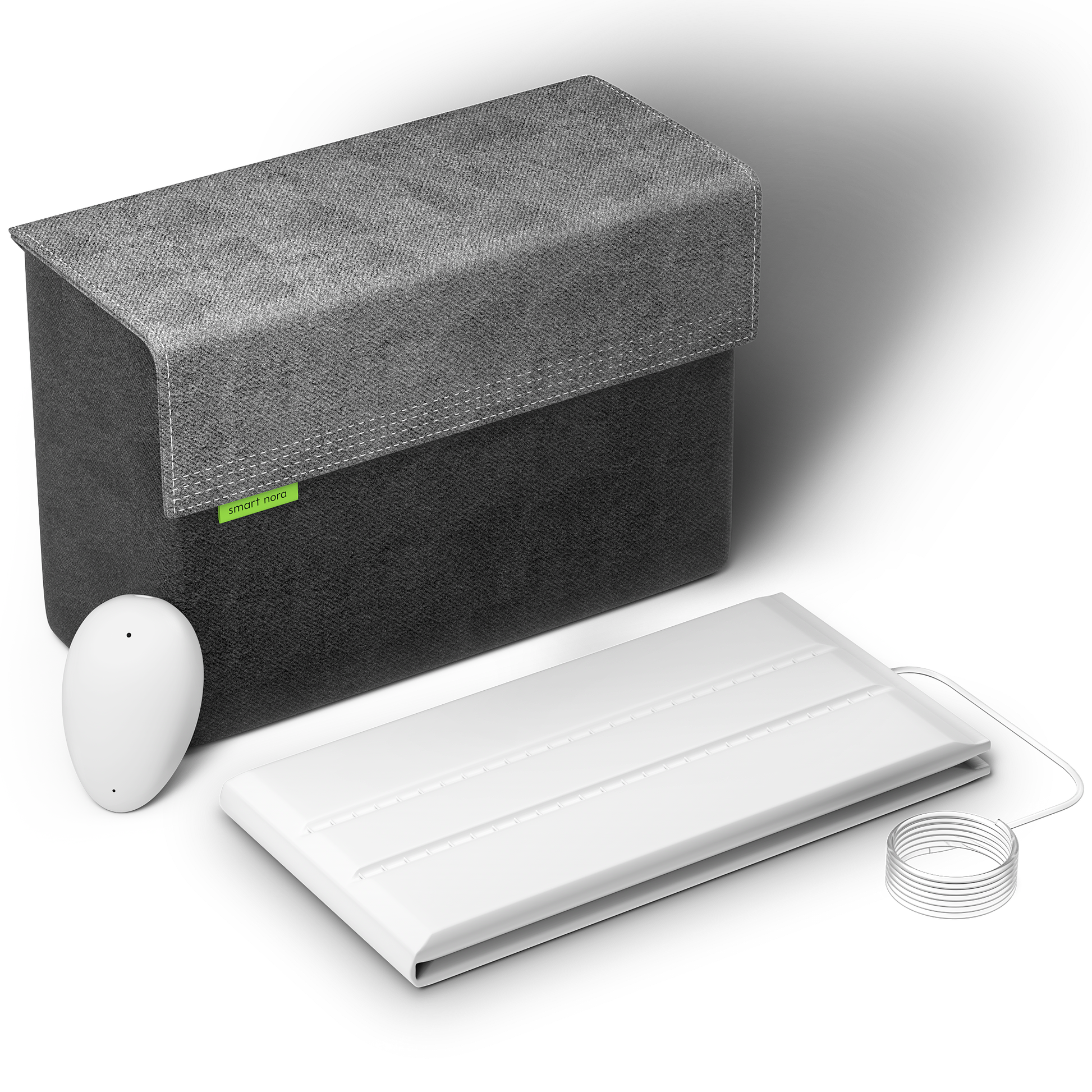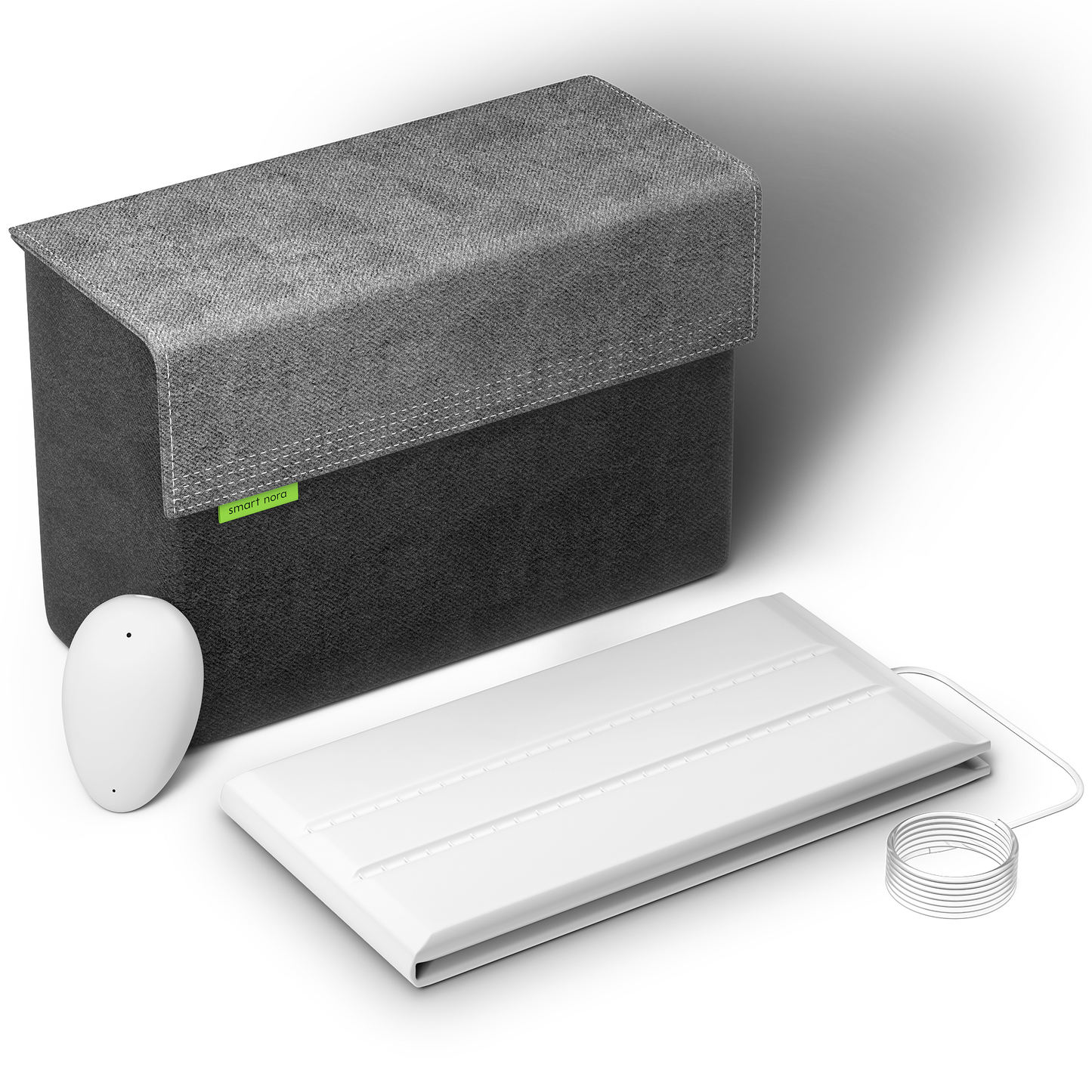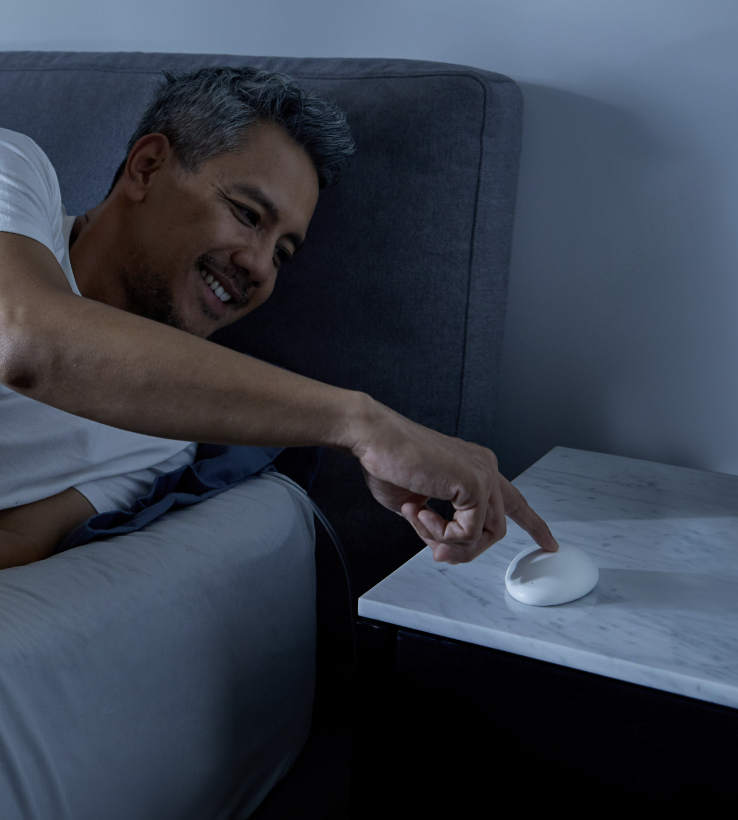 What is hemp oil?
What is hemp oil?
In many ways hemp seed oil is like olive oil. The seeds are pressed (cold), creating raw oil ranging from light-to-dark green; it becomes completely clear when refined. The raw light-colored is almost flavorless, and the darkest green tastes like the smell of a freshly mown lawn. The seeds have so much hemp seed oil that it comprises 49% of the total weight.
The United States Department of Agriculture (USDA) National Nutrient Database states that a single tablespoon of hemp seeds contains 9.47g of protein, 21 milligrams (mg) of calcium, 38 mg of iron, 210 mg of magnesium, 495 mg of phosphorus, 360 mg of potassium and 97 mg of zinc. In other words, a lot of useful, full spectrum nutrition, ready to provide significant health benefits.
How to use hemp oil?
Full spectrum raw hemp oil is edible, and is often used for the preparation of salads by people seeking to be more "natural." Hemp oil is loaded with essential omega-6 and omega-3 fatty acids in a 3:1 ratio, totaling about 76% of its total volume, and contains between 5-12% monounsaturated fats! That makes is surprisingly healthy.
Of course, this also means that it will reach its smoke point and burn quickly (165° C/330° F) if used for frying food. Stick to salad dressing and other “uncooked” uses to get full value for your money. Hemp oil uses include dairy substitutes akin to soy milk, called hemp milk, flour substitutes for baking, and even just the raw seeds, sometimes called "hemp hearts," which can be added to food in their natural state. This gives you a great shot of amino acids, vitamins, essential fatty acids, and of course, protein.
Hemp seed oil can also be used as a feedstock in the manufacture of biodiesel fuel, making it an easily sustainable and 100% carbon-neutral resource, decreasing our reliance on petroleum products. Commercially, hemp oil uses include the manufacture of lubricants, printing ink, (biodegradable) plastics, and much more.
A large market exists in the body-care product's niche with skin creams, moisturizers, and emollients. Hemp oil uses include shampoo, soaps, and even detergents, but nowadays, you can find all sorts of "natural" make-up products, too.

Benefits of Hemp Oil
Hemp vs. CBD
CBD, or cannabidiol [can-a-bi-die-all], is an extract of the cannabis plant but is also found in Echinacea, Kava, and even Black Truffles. Since it comes from plants, it is known as a phytocannabinoid. We have an almost exact analog in our bodies, where it is known and an endocannabinoid, meaning it comes from animal tissue.
We need the analog in our system so we can function. If there is a shortage, our bodies begin to betray us, leading to plaque build-up or actual blockages in our bloodstream, spastic muscles, tension, pain, and more.
Laboratory tests have shown that it suppresses cancerous growth in cell cultures, while clinical testing has demonstrated efficacy in dealing with psychosis. In rare cases, a severe form of childhood epilepsy occurs (Dravet’s Syndrome), and CBD extract is now the specific treatment for it, easing cases of 100-300 seizures per month (3-10 per day) right down to zero, or maybe only one or two per year.
What is the difference between Hemp Oil and CBD Oil?
Hemp vs. CBD isn't much of a direct comparison. Hemp oil is from the seeds and is classified as a super-nutrient because it has so many things our bodies need to stay healthy. On the other hand, CBD oil is from the leaves and used for specific treatment.
Of course, it is not always a case of "hemp vs. CBD." Many people that take CBD oil regularly prefer to receive it mixed into a hemp seed oil base! They know that both things are good for them. It’s possible that taking both at the same time could render a synergistic benefit, as well.
History of Hemp
Hemp has been around as a crop for humans for more than 12,000 years, likely beginning in China. It started in prehistory, so for those ancient times, we rely on archaeological evidence to understand what happened during the end of the Stone Age, in 10,000 B.C.E.
Back then, we harvested hemp from the cannabis sativa plant, commonly known as marijuanna, because it had unique properties. First, if you peeled away everything else, you were left with an incredibly strong cellulose core than ran the entire length of the plant or about 16 feet on average.
Hemp grows quite tall, producing two of these for each plant; this made it extremely convenient to weave many of these together to form long durable cables. With these, we built the earliest bridges across deep gorges that were otherwise impassable, providing access to resources that we might not otherwise have had. This wealth of assets contributed directly to the advancement of human society during those 2,000 years before we developed agriculture.
This wild-growing plant had more to give, however, because the surrounding fibers, known as bast, were ideal for making early cloth, so we could have clothes, bedding, blankets, and roofs for houses that could keep the frequent jungle rains out. Preserved examples show that the first shoes were made out of these fibers, too.
The leaves were edible, highly nutritious, and served as early medicine. When the seeds were pressed, hemp oil could be collected and burned in the very first oil lamps. These gave us additional light, spurring our culture to build more intricate social systems, improve language, and even begin historical record-keeping by creating pictures on cave walls that have been preserved right up until the present time.
The leftover seed-cake was an excellent source of protein. This made us a little less reliant on capturing and killing animals for food. Even hunting was improved, however, as we wove bast fibers to make bow-strings for our earliest bow & arrow tools.

Modern Times
Today we examine discoveries with advanced tools and use science to tell us the "why" of things. Hemp Oil is incredibly useful, despite being used as a political football for the last 80 years because of its loose association with psychotropic effects of smoking Cannabis. Now that we’re evolving beyond that silly notion, we can figure out how to use hemp oil for all sorts of useful things.
THC
Of course, we can’t leave this discussion before we address THC, or tetrahydrocannabinol [tet-rah-high-droe-can-a-bin-all], because as everyone knows, "THC gets you high." That is undeniably true; THC does have a psychogenic/psychotropic effect that alters reality for users when used in sufficient quantities.
Since THC and CBD (and many other cannabinoids) often come from the same plant family, people wonder if the hemp plant presents any threat. The truth is no, and it does not. As far back as 1998, Canada had already produced Hemp crops with virtually no detectable THC. The modern threshold is four parts per million (PPM). It is impossible to "get high" from smoking hemp.
Still, we shouldn’t dismiss THC. It possesses characteristics that can significantly benefit people with AIDS/HIV, or who are undergoing chemotherapy treatments (among many others). With Nixon’s War on Drugs finally revealed for what it was, legitimate research can now proceed on all of the cannabinoids rendered from the cannabis plant.
The Takeaway
As we finally get away from the political polemic that has persisted since the end of Prohibition, cannabis is reacquiring a role it played in human history for thousands of years as food, tools, and medicine. Hemp oil, and indeed the whole plant, are both being welcomed back as practical, helpful, and healthful.
Ending Nixon’s “War or Drugs” is one of the smartest things we’ve done in the last 20 years. Turning science back over to the scientists, and taking it out of the hands of politicians, ranks right next to it as a supremely intelligent decision. We should congratulate ourselves for being so darn smart!











